Arts & Culture
-

Live fast, die young, inspire Shakespeare
Stephen Greenblatt finds a tragic strain in the life and work of Christopher Marlowe
-

Steve McQueen could lecture you, but he’s got other plans
‘I think the audience needs more, and I feel I need to give more,’ says award-winning filmmaker — presenter of this year’s Norton talks
-

Marking 100 years of Norton Lectures
Panelists reflect on ‘incredible value’ of annual series as ‘megaphone’ for artists and scholars
-
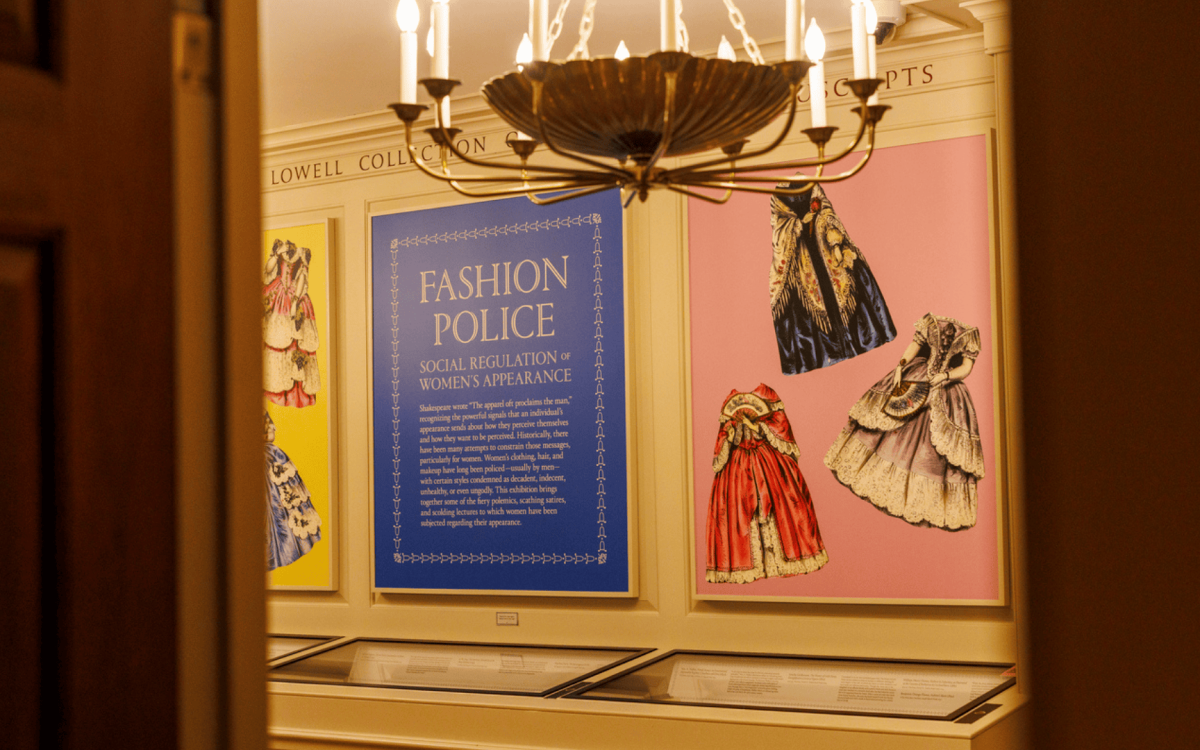
How fashion police have been walking beat for centuries
Houghton Library exhibit highlights the policing of women’s fashion since the 17th century.
-
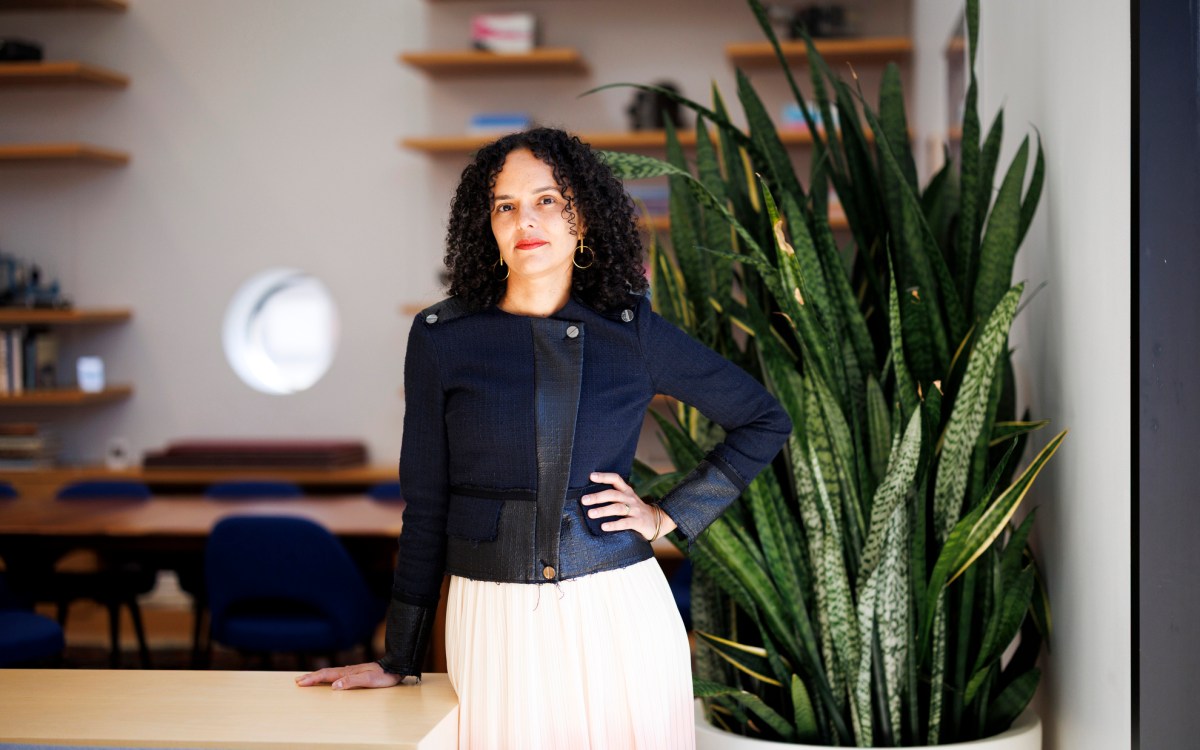
Seeing what you see
New faculty Cécile Fromont is a visual problem solver
-
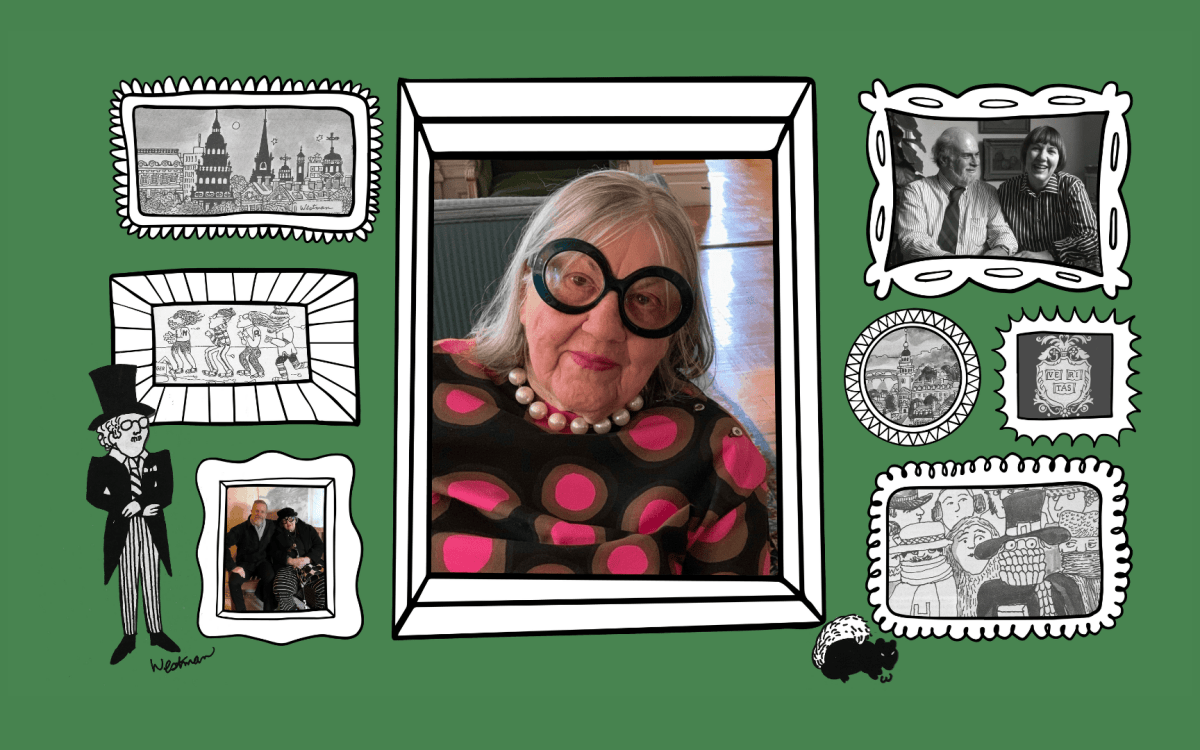
Her Cambridge iconography made her a local icon
Before New Yorker covers, Barbara Westman created colorful visions of campus as Gazette’s first staff artist
-
Of love, death, and garbage
Author Rajesh Parameswaran kicked off this year’s Radcliffe Institute for Advanced Study’s series of fellow presentations with a discussion that included readings from his well-received debut work, as well as a passage from his novel in progress.
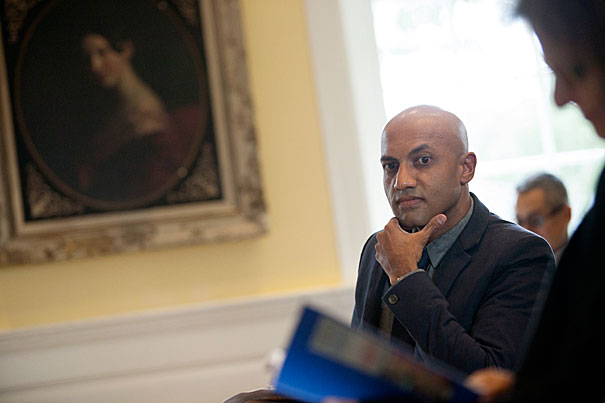
-
At 50, a building still dares
A new art exhibit opens a yearlong celebration of the Carpenter Center for the Visual Arts, which turns 50 in May.
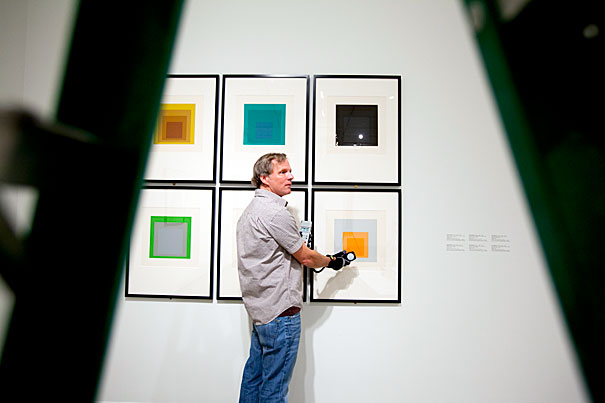
-
Let them both eat cake
For the first time, Harvard’s American Repertory Theater (A.R.T.) and the Yale Repertory Theatre (Yale Rep) are collaborating on a stage production: the world premiere of “Marie Antoinette.”
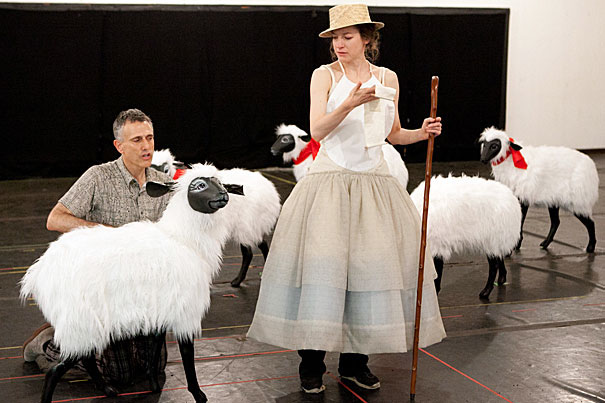
-
‘From Austen to Zola’
Works from Amy Lowell’s collection are showcased in “From Austen to Zola: Amy Lowell as a Collector,” Houghton Library’s fall exhibition. This exhibit opens on Sept. 4 and will run through Jan. 12, 2013.
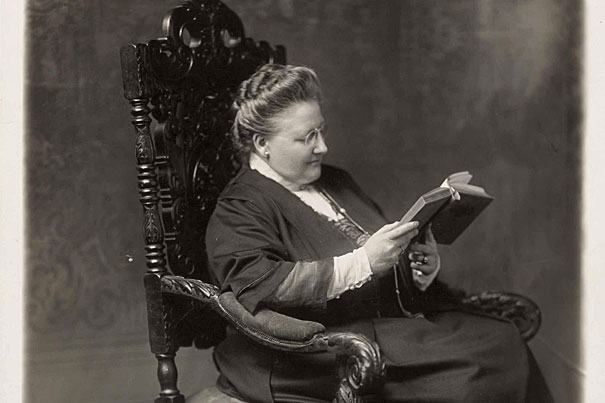
-
Seeds of inspiration
An artist and curatorial associate at Arnold Arboretum fuses material she has gathered during her 25-year Harvard career into evocative works of art. Hardy Brown’s first solo exhibit at the Arboretum, “Ex Herbario: Recent Works by Susan Hardy Brown,” is now on view at the Hunnewell Visitor Center through Sept. 16.
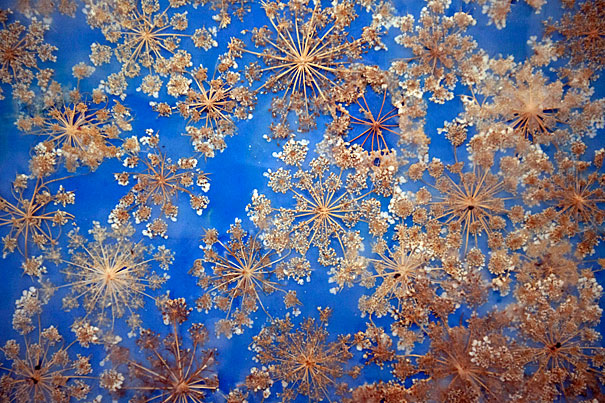
-
Wedding digital with traditional
Event showcases metaLAB summer projects displaying ways to access, annotate, and remix knowledge in the digital age.
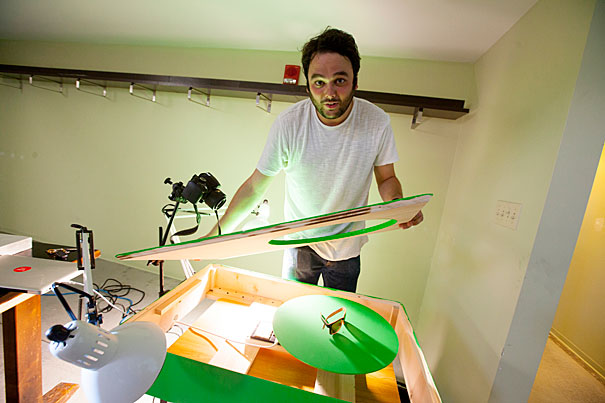
-
A Julia-worthy feast
An extensive archive at the Schlesinger Library illuminates the life and work of Julia Child, whose writings and TV show brought the world of French cuisine to the American masses.
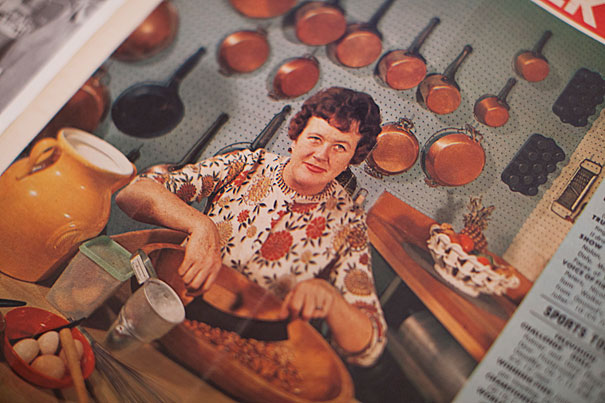
-
From cradle to grave, through history
In “The Mansion of Happiness: A History of Life and Death,” Professor Jill Lepore shows, with wit and wisdom, that our existential anxieties are anything but new.

-
Round and Round
With their inspired and insightful eyes, the Gazette’s staff photographers bring life at Harvard full circle. [Photo Journal]
-
Sweeping gestures, divine power
Master of calligraphy Haji Noor Deen’s work is on display in the CGIS South building in an exhibit titled “Arabic Islamic Calligraphy in the Chinese Tradition: Works by Master Haji Noor Deen,” through Aug. 20.

-
No ordinary band
The Harvard Summer Pops Band celebrated its 40th anniversary with a performance in Sanders Theatre on July 26. They will perform at 3 p.m. July 29 at Boston’s Hatch Shell.

-
Harvard’s best listeners
Harvard’s Audio Preservation Studio, tucked away in a few rooms on Story Street, does the heavy lifting (and listening) required to make “loss-less” digital copies of archived sound artifacts in collections University-wide.
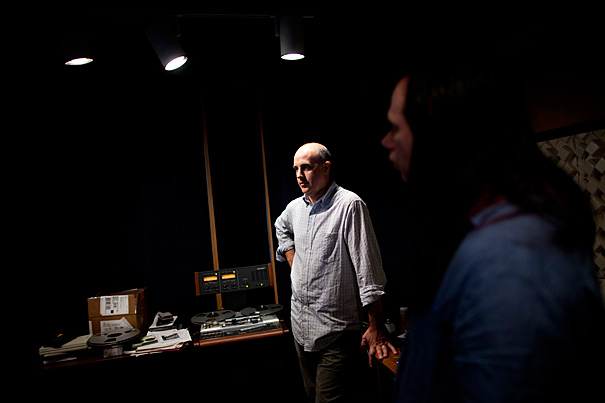
-
Taking a Thursday tour
This summer, the W.E.B. Du Bois Institute for African and African American Research is offering tours of its art collection. Led at noon on Thursdays by Sheldon Cheek, senior curatorial associate for the Image of the Black in Western Art Project and Photo Archive, at the Rudenstine Gallery.

-
Fantasy, fairy tales, happy endings
Sixteen teachers were selected to attend the National Endowment for the Humanities seminar course on fairy tales and fantasy literature at Harvard University. Maria Tatar, chair of the program in Folklore and Mythology, led the seminars.

-
From ‘Emma’ to ‘Charlie Brown’
Harvard-Radcliffe Summer Theatre (HRST) welcomes Harvard undergraduates of all ages and majors to participate in its summer repertory company. The 30 Harvard students participating in the 2012 HRST program and have been collaborating on three plays since mid-May.
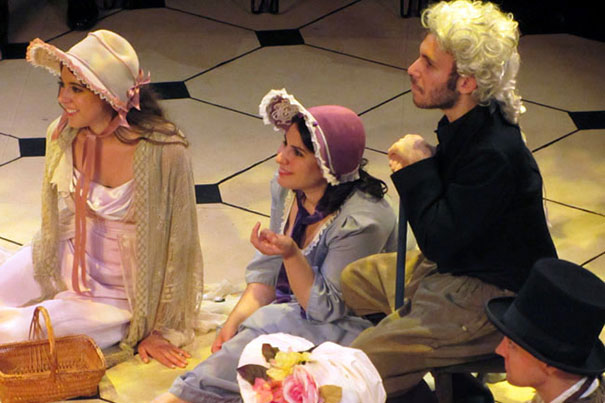
-
Market dominance
Free-market thinking now pervades most facets of everyday life. In “What Money Can’t Buy,” rock-star lecturer and philosopher Michael Sandel asks readers to consider what they really value — and whether some things shouldn’t come with a price.

-
Memorable expressions
Harvard curator Elizabeth Rudy discussed “highlights of how portraiture was pushed in different directions by different artists at key moments” in a talk at the Arthur M. Sackler Museum.
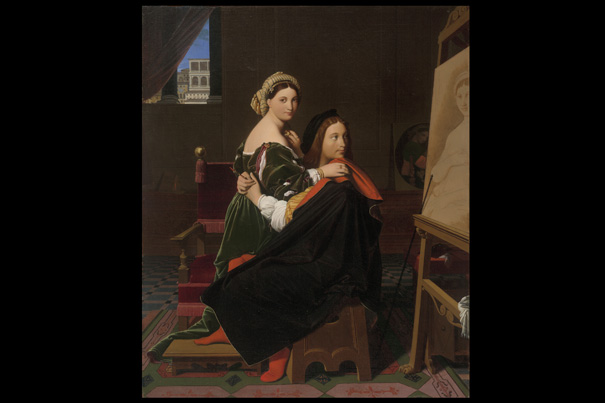
-
In 40 films, story of a screen great
A summer-long festival at the Harvard Film Archive tells the story, in 40 movies, of Paramount Pictures — a legendary cinema enterprise that turned 100 this year.

-
A new avenue for expression
A new master’s concentration at the Harvard Graduate School of Design invites artists and others out of the studio and into the world.
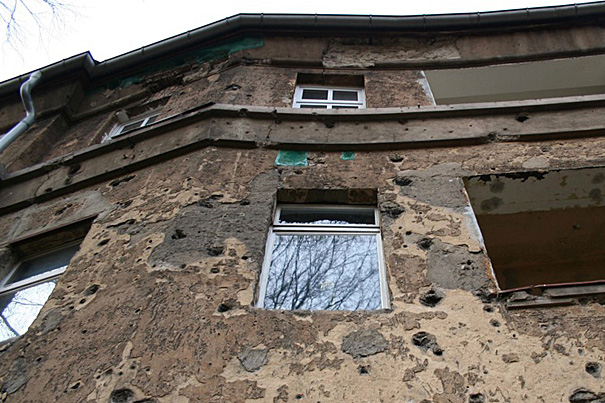
-
Harvard in the War of 1812
The War of 1812 touched Harvard only lightly, a new exhibit shows, but the end of the conflict was much welcomed in Anglophile New England.
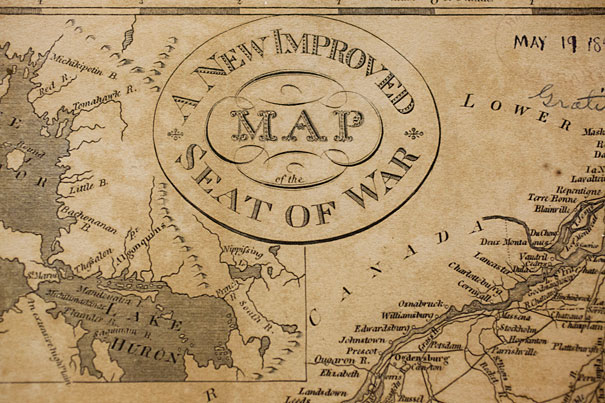
-
Edward Lear’s natural history
Edward Lear, a master of nonsense verse and travel writing, was at a young age one of the most accomplished natural history painters of his time.
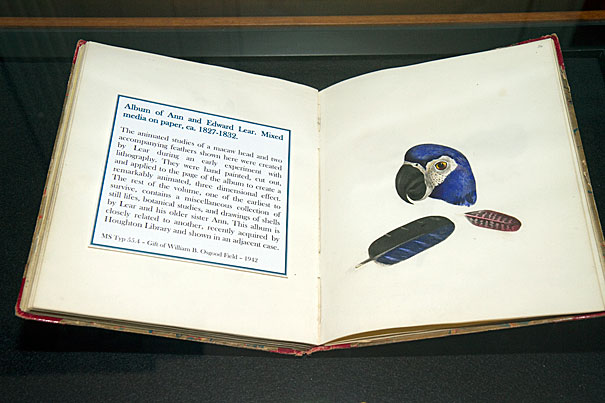
-
World literature, sized right
A Harvard professor leads a team of editors to create a third edition of an erudite, Earth-circling “Norton Anthology of World Literature.”

-
Old Japan, online
“Early Photography of Japan,” a virtual collection of more than 2,000 images from three Harvard University libraries, documents the early history of Japanese commercial photography, and reflects the Western image of traditional Japanese culture before modernization.
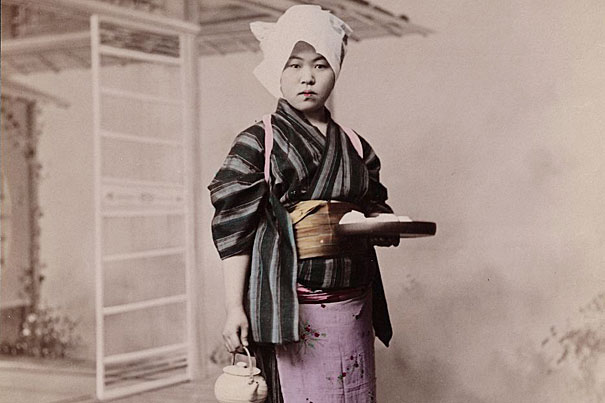
-
Updike’s roots and evolution
Harvard’s Houghton Library offers a glimpse of a coming treasure trove for scholars, the John Updike Archive.
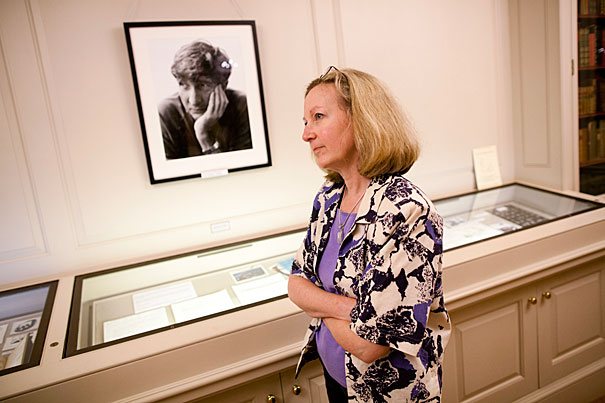
-
Strong showing for musicals with A.R.T. ties
“The Gershwins’ Porgy and Bess” and “Once” — two shows with pre-Broadway origins at the American Repertory Theater — had a boffo night at Sunday’s Tony Awards, taking home the prizes for best musical revival and best musical, respectively.

-
Jasper Johns, and a technique he loved
A new exhibition at the Arthur M. Sackler Museum profiling the print-inspired works of contemporary artist Jasper Johns was put together with the help of four Harvard undergraduates.
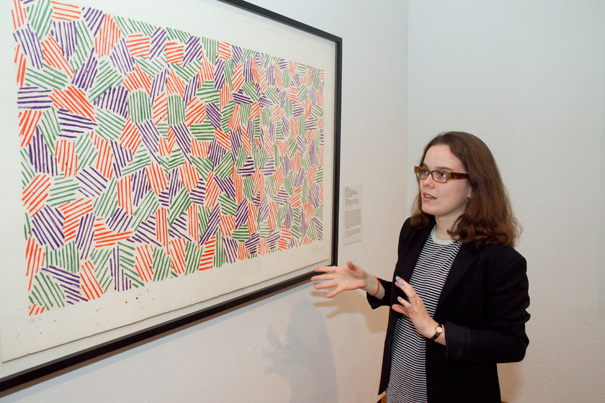
-
Exhibit honors influential Harvardians
The Harvard University Center for Italian Renaissance Studies (Villa I Tatti) in Florence, Italy, has announced a new online exhibition, “Berenson and Harvard: Bernard and Mary as Students,” opening June 4.
-
A.R.T. reaps Tony Awards notice
Diane Paulus, artistic director of the American Repertory Theater (A.R.T.), and her reimagined production of “Porgy and Bess” nabbed 10 Tony Award nominations, and another musical with ties to the A.R.T. grabbed 11.
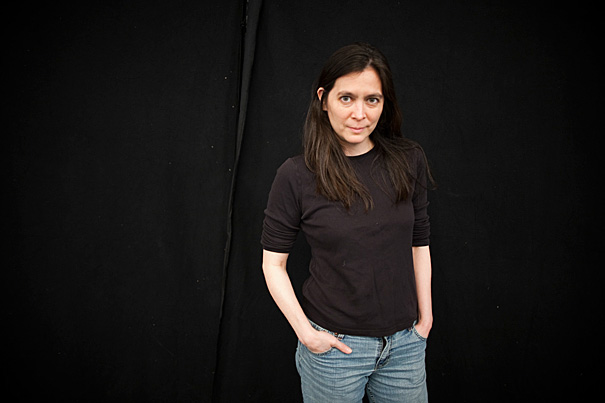
-
Where the magic happens
We asked several Harvard authors to talk about something different, not what’s in their books but where and how they write them. Here’s what they said.

-
An intimate body of work
An intimate exhibition at the Harvard Art Museums/Arthur M. Sackler Museum offers viewers a look at a body of largely unknown photographic work by one of the most versatile talents of the modern art movement in Germany.



